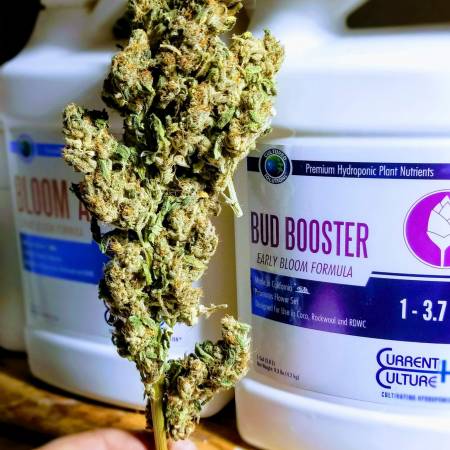

Tests for mental illness and intelligence reflected the ambitions revealed in the clinical model of human behaviour to suppose that anything that doesn't fit in with everyday experience is either pathological or impairment. So how much are we supposed to learn from pictures of human innards and brain dendrites juxtaposed with a commentary that includes vacuous or loaded notions such as "buzz" and "herbal terrorism"? One wonders about the sincerity of the program makers.Ībattoir science blended suspiciously with empty platitude as the vehicle of "knowledge". The BBC exploration of cannabis in "how drugs work" bears hallmarks of political correctness and came across as preaching in support of a hidden, moral agenda to the young, nervous and unsure, despite the overlay of up-beat music and techno-effects. Journalist Sam Naz presents the 60seconds news bulletins on BBC Three More about the Dangerous Pleasures Season.There's more information on cannabis, as well as help and advice, on the following websites:įind out more about the How Drugs Work series: Supply - if you sell it, or even give it away to your mates, you face up to 14 years in prison.Possession - up to a maximum of five years in prison.It means getting caught with cannabis carries some serious penalties, including unlimited fines: Ministers said they had to make the change because of worries about its impact on mental health. Two years ago, cannabis was upgraded from Class C to Class B. It's illegal to have or sell the drug in Britain. You can find out more about cannabis and its effects on Radio 1's The Surgery website. Some scientists also say it can help relieve nausea in cancer patients who are having chemotherapy. The drug is also thought to have medical benefits, mainly pain relief.Some of those questioned in How Drugs Work: Cannabis claimed it heightened their senses.Many users say it helps them chill out, leaving them happy and relaxed.It goes straight to the brain, resulting in a so-called 'buzz': The main active ingredient is tetrahydrocannabino (THC). Heavy use can lead to dependence on the drug, which makes quitting harder - sleep problems, mood swings and loss of appetite are just some of the withdrawal symptoms.Anyone with a history of mental illness is at a greater risk of developing a serious psychotic condition, like schizophrenia.THC can lower blood pressure, making the heart beat faster and increasing the risk of a heart attack.Cannabis can lead to paranoia and anxiety, and experts reckon using skunk is riskier because it has higher levels of tetrahydrocannabino (THC). Getting stoned isn't necessarily the harmless pastime that some people think it is. Grass is the dried leaves and flowering parts of the plant.Hash is a solid lump made from the resin of the plant.The drug's produced from parts of the cannabis plant, which is grown all over the world. So, how much do we know about cannabis? What exactly is it? If you're reading via RSS, you'll need to visit the blog to access this content. In order to see this content you need to have both Javascript enabled and Flash installed.


 0 kommentar(er)
0 kommentar(er)
